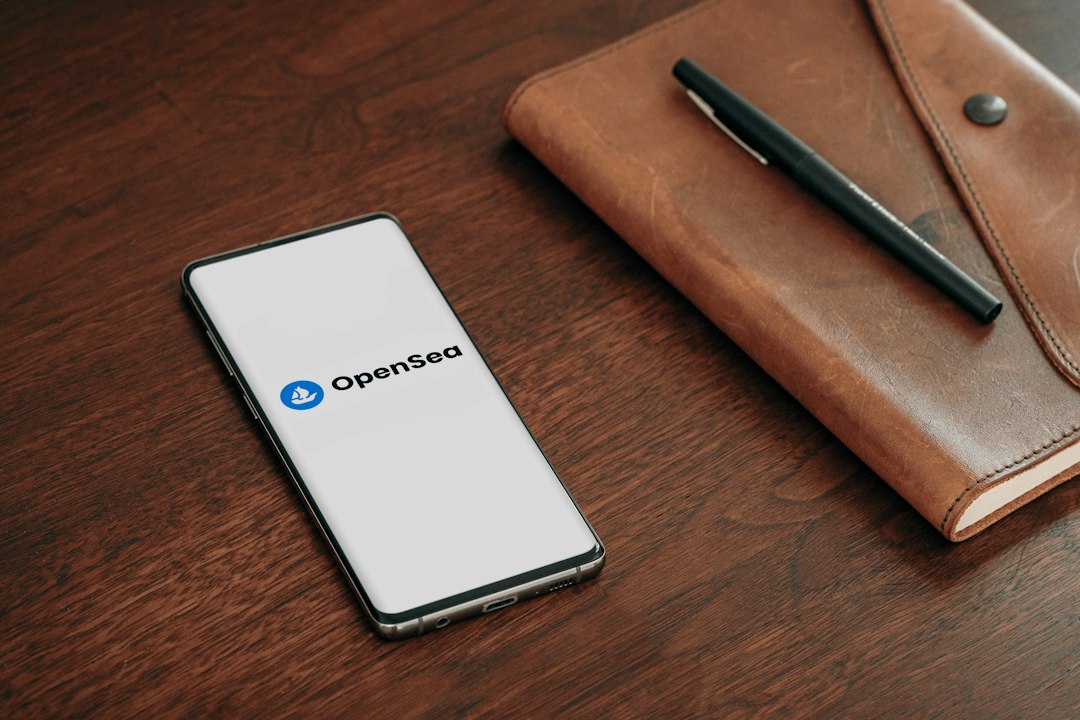The Role of Generative AI in Healthcare
The annual Healthy Longevity Global Innovator Summit highlighted the growing importance of generative artificial intelligence (AI) in healthcare. Microsoft Corporate Vice President of Research and Incubations, Peter Lee, delivered the conference keynote and shared his personal experience with AI and medicine. Lee discussed how ChatGPT-4, an AI tool developed by OpenAI, helped his family manage his elderly father’s health remotely. The technology was particularly useful in explaining complex medical issues and providing guidance for important questions to ask doctors.
Lee expressed optimism about the potential of GPT-4 in promoting longevity, scientific discoveries, new medicines, therapies, and diagnoses. Despite its advancements, Lee acknowledged that GPT-4 is still a machine without consciousness and has limitations.
The Advancements of Generative AI
Generative AI has rapidly progressed in recent years. OpenAI’s ChatGPT, launched in November last year, has become the standard for AI chatbot development. While previous versions like GPT-3 and GPT-3.5 were impressive, Lee emphasized that GPT-4 is even more advanced. However, he noted that it is crucial to recognize the limitations of AI and understand that it is not human or conscious.
Lee also highlighted how AI excels at identifying flaws in medical studies but can introduce similar biases when asked to generate its own reports. He praised the National Academy of Medicine for actively guiding the development and use of AI in healthcare.
Investments and Controversies
Major corporations such as Microsoft, Google, Amazon, and Meta have heavily invested in artificial intelligence. Microsoft has a deep relationship with OpenAI, investing $10 billion in the company. They have integrated ChatGPT into their Bing search engine and Office tools, including the upcoming digital assistant Copilot.
The collaboration between Microsoft and OpenAI has faced controversies. In July, OpenAI disabled access to the “Browse with Bing” feature for ChatGPT Plus users due to misuse. However, it was later reinstated with certain limitations.
Generative AI in Daily Life
Generative AI tools are becoming more ingrained in daily life. They can process large documents quickly and allow users to ask questions about the content. For example, Twinn Health, a British startup, introduced an AI platform that analyzes MRI scans and detects diseases in their early stages.
Hot Take: The Promise of Generative AI in Healthcare
Generative AI, such as ChatGPT-4, holds immense promise for revolutionizing healthcare. It can assist individuals and caregivers in managing complex medical information, promoting longevity, and aiding scientific discoveries. However, it is essential to recognize the limitations of AI and use it as a tool rather than a replacement for human expertise. With proper guidance and regulation, generative AI has the potential to greatly benefit healthcare and improve patient outcomes.





 By
By
 By
By

 By
By
 By
By
 By
By